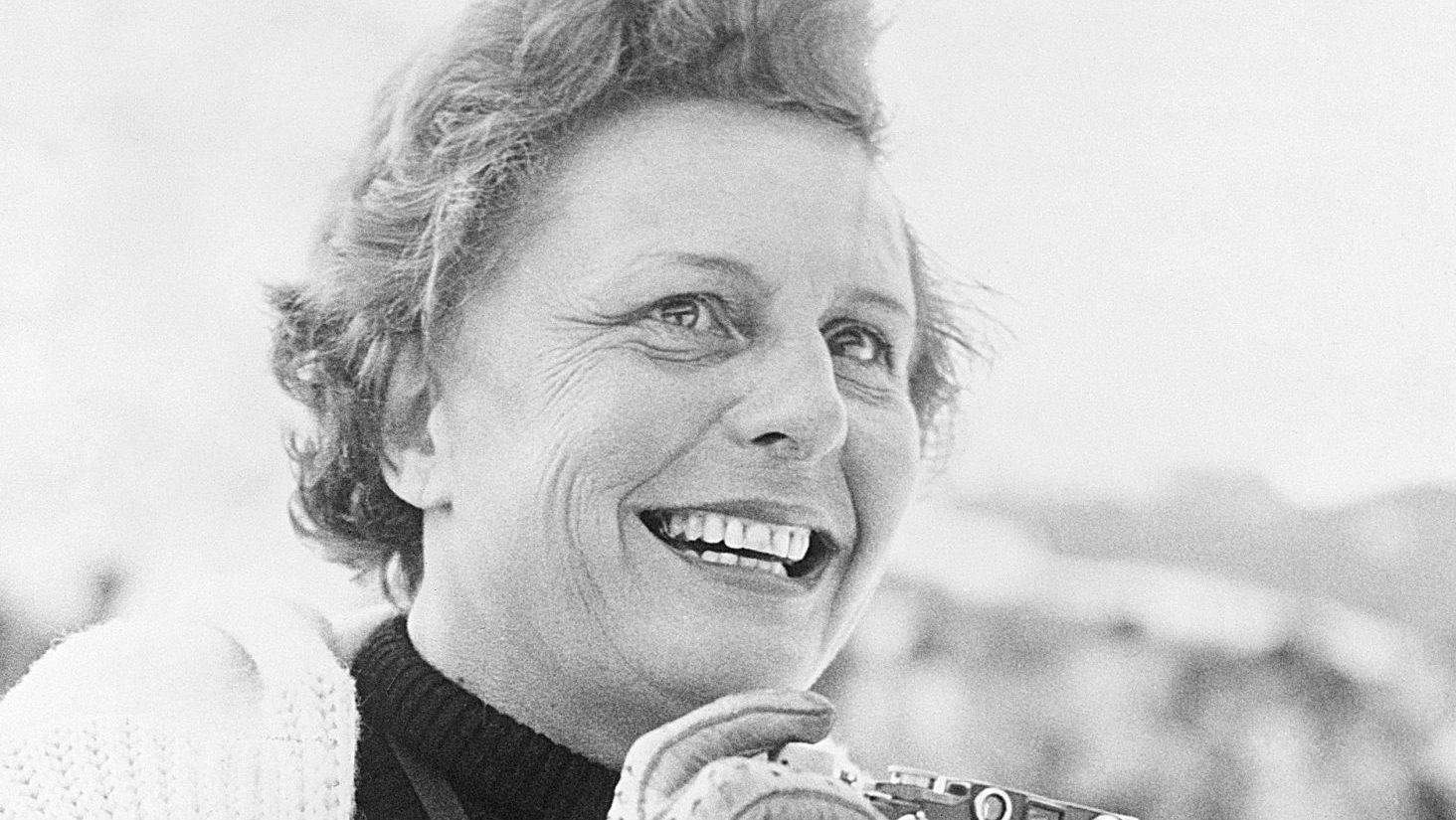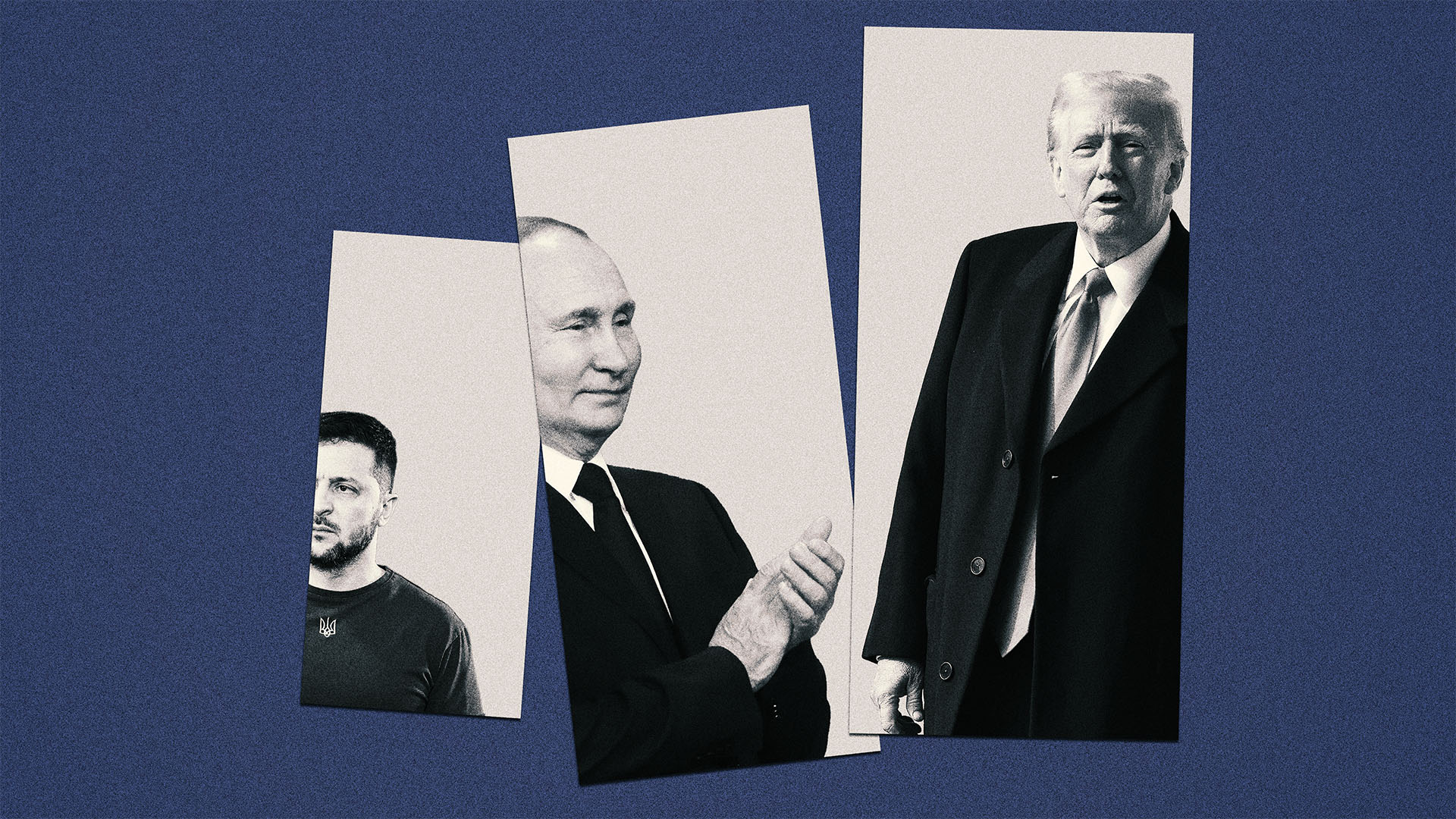It was Leni Riefenstahl’s 100th birthday, and once again the director was sitting down to be questioned about the years in which she mythologised Adolf Hitler, the Nazis and the Aryan aesthetic in masterfully composed, morally corrupt films like Triumph of the Will (1935). And once again, as she sat opposite the German journalist and talk show host Sandra Maischberger, the same answers rolled out: No, she hadn’t known about the darkness, she was never a political person, she was just a naive hired hand lost in a world of art.
“None of it is true,” says Maischberger, who, 23 years after their encounter, is the producer of Riefenstahl, a superb and chilling documentary directed by Andres Veiel. “And I knew she was lying. What I wasn’t sure about was, ‘is she lying to me or did she lie to herself already so many decades that she’s come to believe what she says?’”
It is a question at the centre of the new documentary, which follows bravely in the shadow of The Wonderful, Horrible Life of Leni Riefenstahl (1993), a three-hour TV film in which Riefenstahl recounts her myth and is seen raging when director Ray Müller questions aspects of it.
After the war, says Maischberger, “ she wrote to a friend: ‘I’m not able to do any more art because my ideals have been murdered.’ She lost her old life and, and then she had to make up a new one because she had to survive… she couldn’t say she shared the Nazi ideology, she had to create a version of her life which would prevent her going to jail.
“And yes (in the early days) she was an opportunist, just following the money and the possibilities for her career, but she was an enthusiastic National Socialist before she met Hitler. She read Mein Kampf early on. She was looking to contact him even before he was chancellor of Germany. She shared his ideas.”
What separates the new documentary from Müller’s earlier film is full access to the Riefenstahl archive, obtained by Maischberger. Not only is there a wealth of footage, photographs and documents – some telling by their omission – but there are also telephone recordings made over a long period, in what posterity will now show as an act of Nixonian folly.
For Maischberger, they are “the best way to understand who she really is, because she was not acting, she was just who she was. We now know it was a straightforward lie when she said that she was never a political figure, because we discovered that she was in contact with a bunch of old and new Nazis in the 1970s, 80s, 90s, right up until her death. So she was still part of this network of very right wing extremists. So obviously there she was lying to me and not to herself.”
Though the film is studded with Riefenstahl’s beautiful shots of several of history’s ugliest minds, some of the most electric footage comes in interviews; notably one in which the film-maker is paired against a quietly furious woman of the same age who laboured secretly in the German underground resistance while Riefenstahl was hob-nobbing with the Nazi high command. When the woman speaks uncomfortable truths, Riefenstahl reaches over to pat her hand and starts her excuses all over again.
“I thought ‘what the hell was that?’” says Maischberger. “This is a woman of the same age, who we know was persecuted by the Gestapo, and we see Leni Riefenstahl telling this woman: ‘You know, I would be happy if I would have had your life because then in the end, I would have known.’ This is a very dark moment to watch, because now we know she is lying but also because by the end, she has the audience on her side. The people wanted to believe that she didn’t know because it was an excuse for everybody. She offers a big excuse for all of German society of the time.”
Ask Maischberger if there is anything to admire about Riefenstahl and she pauses. “She was proud of being a woman who succeeded in a man’s world,” she says. “She created an aesthetic standard which is still alive today – George Lucas and Quentin Tarantino have talked about her influence and if you watch Dune 2 from last year, it looks very much like the Triumph of the Will, which she shot in the 1930s. That is a big achievement.”
But before any aesthetic appreciation must come the fact that Leni Riefenstahl was a willing and eager propagandist for evil and now, as this film reveals, a very adept liar. “There is a lot to learn from her in terms of how not to behave,” Maischberger says. “I think it’s good to have her around me just to remind me how not to be.”
Riefenstahl is released in UK cinemas on May 9. A review by Matthew d’Ancona will appear in his culture newsletter on May 10 (theneweuropean.co.uk/newsletter) and in TNE #435




